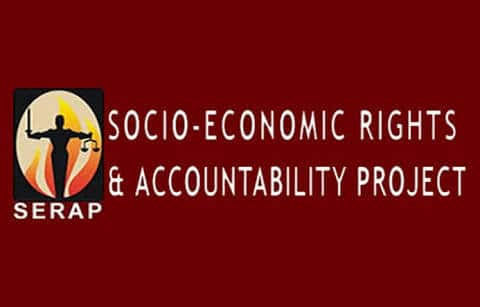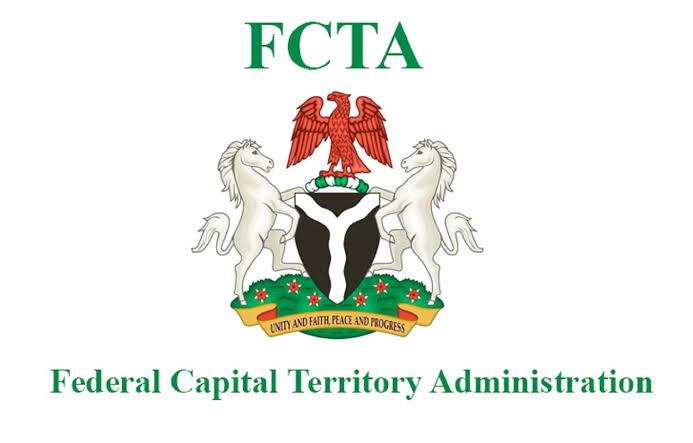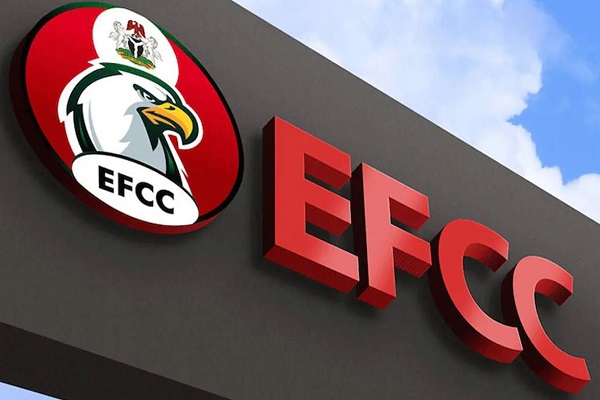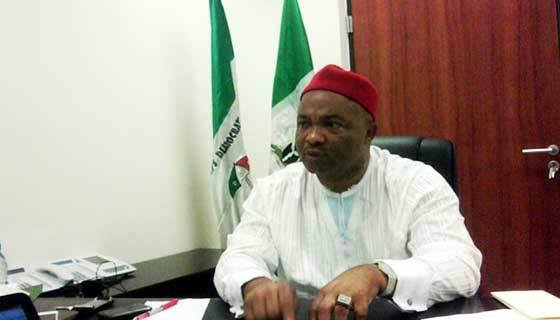The Socio-Economic Rights And Accountability Project (SERAP) has called on the Federal Government and all tiers of government to increase jobs and economic opportunities for citizens as a way of fighting corruption.
The call, is one of the recommendations contained in SERAP’s report on Nigeria’s social norms anti-corruption survey, launched the same day the Senate also called on governments to declare state of emergency on unemployment.
According to the report titled “NIGERIA: ANTI-CORRUPTION SOCIAL NORMS REPORT” creating job opportunities and enabling environment for businesses to thrive will reduce pressure on existing opportunities.
“In a situation where such opportunities are limited, there will be a significant proportion of the population willing to pay a premium in form of bribes to access them,” the report said.
Presenting the Report at the Radisson Blu, Hotel, Ikeja, Lagos on Wednesday, the Lead Researcher, Mr. Mwangi Kibathi from Kenya, noted that though it was easy to blame government for the menace of corruption, every individual should reflect on their norms, what they do and how it affects society.
He held that government alone cannot be held responsible for the problem of corruption.
The report, according to its Executive Summary, “is the outcome of a national survey which was rolled out in October 2019, and gauges the extent to which entrenched social norms drive corruption.”
READ ALSO: SERAP Takes Buhari, Others To Court Over N241.2bn Security Votes
It explained that the key questions were founded around “how the different demographic groups in the Nigerian society understand corruption, how the different social institutions contribute to shape the perception on corruption and key sources of information or influence on corruption.”
Noting that governments within and outside the country have put in place several laws to fight corruption, the report lamented that the problem still persists. It suggested that perhaps the focus of the fight needs to shift.
“In most countries anti-corruption interventions have been focused on the legislative and enforcement dimensions of corruption. The assumption has been that corruption is perpetuated by ‘a deviant group.’
However, recent discourse has turned the spotlight on the role the society plays in shaping individual behaviour towards corruption.”
The thrust of the report therefore, is that “the factors impeding the efficacy of laws, policies and institutions in the fight against corruption are to be found not in the laws, but the larger societal matrix of resilient social norms and institutions, which form a key part of the corruption ecosystem in the country.
“The environment thus constituted is either conducive to, or is largely tolerant of, corruption.”
The report suggested that “for current anti-corruption interventions and efforts to be successful, they must engage broadly with the environment by instigating social change.”
Welcoming guests to the launch, the Executive Director of SERAP, Mr. Adetokunbo Mumuni, noted that the battle against corruption must be won.
According to him, the report will be recorded by history as one of the positive attempts at fighting corruption.
Noting that “the Nigerian project is a work in progress,” Mumuni stressed that the struggle to make Nigeria great among the comity of nations is important.
“Once we do not show lethargy or despondency, once we do not give up, Nigeria will work. We must all put hands together. The battle against corruption must be won, it is a better option than letting it be truncated,” he said.












